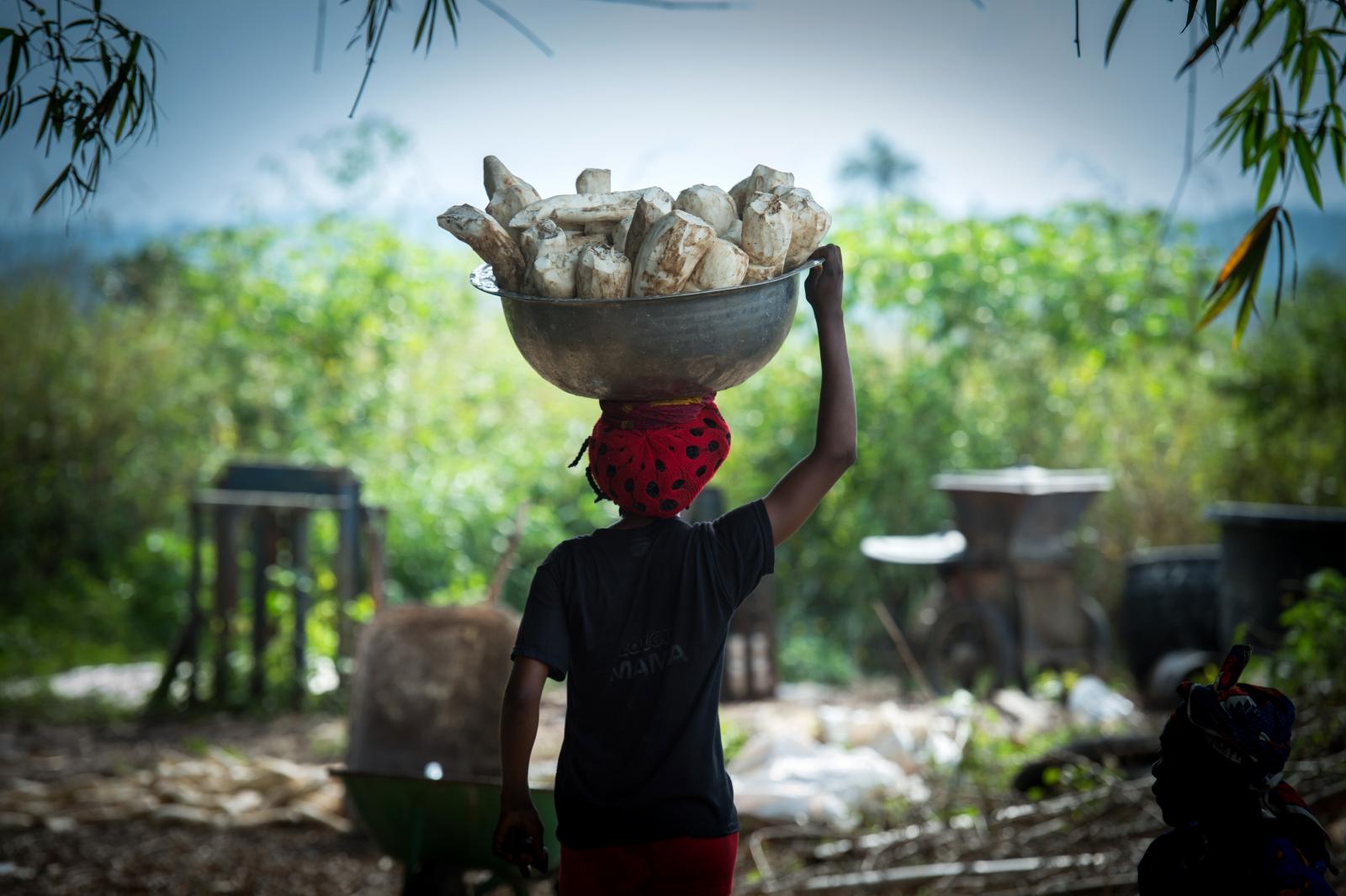Speaking to Times Radio ahead of the COP26 summit, Cardinal Vincent drew attention to the complexity of the issues that the world is currently facing. ‘This is not simply a summit about the production of energy, although that is crucially important,’ he said. ‘The Pope is asking people to raise their eyes’ and to look beyond our immediate surrounding to the bigger picture during these meetings.
‘The Pope has stressed that this is a crisis with many dimensions: in healthcare, food supplies, economies, migration, refugees and modern slavery. There is a whole complex of issues that have to be kept in view.
‘We tend to look much more closely at what is influencing us now,’ the Cardinal added. However, ‘this is a complex process, a complex crisis. Let’s take it in its wholeness. This is about people, about people’s lives. They are at risk, but they are also at the centre of the solution.’
Asked about the Church’s role, he said that the Church has been ‘plugging away for the last 12 months and more, getting people in parish communities to look at how they live, whether they can live more simply, whether they can move away from plastics, because personal change is also part of this big picture.’
More specifically, in the Diocese of Westminster, he explained, ‘we are on 91% green sources of energy. We are looking at every one of our buildings to see how we can decrease the [carbon] footprint. We have a very proactive engagement with energy producing companies, demanding that they have strategies in place to meet the Paris Accord and whatever will come out subsequently [from the COP26 meetings]. And we’re looking at our buildings to see how they can be used as places where energy is generated through sun or wind… In terms of energy, we have those four very strong pillars that we’ve been working on for quite some time.’
He highlighted the ‘constructive contributions from individuals and an awareness of the constructive part they can play, which will help to create the political climate’.
He also spoke of the ongoing effort with other faith groups to work together to provide for people’s needs, whether that is the requirement for food or an attempt to build food resilience, helping people learn to get the most from limited resources.
It is about helping people learn ‘how to live more simply, and in that sense contribute to a shift in the way we relate to the created world and its resources, seeing them as a gift for us to care for, and not just a resource to exploit.’
Photo: Mazur/CBCEW.org.uk




